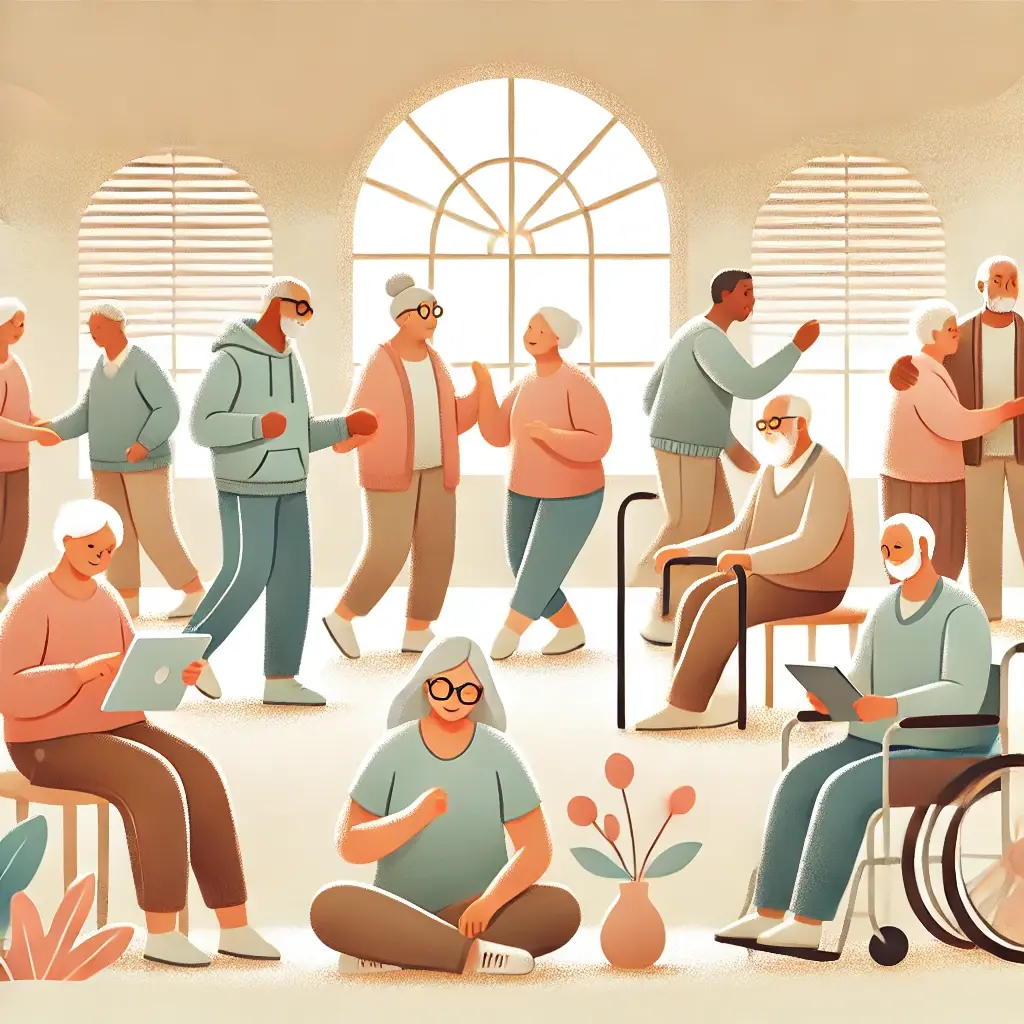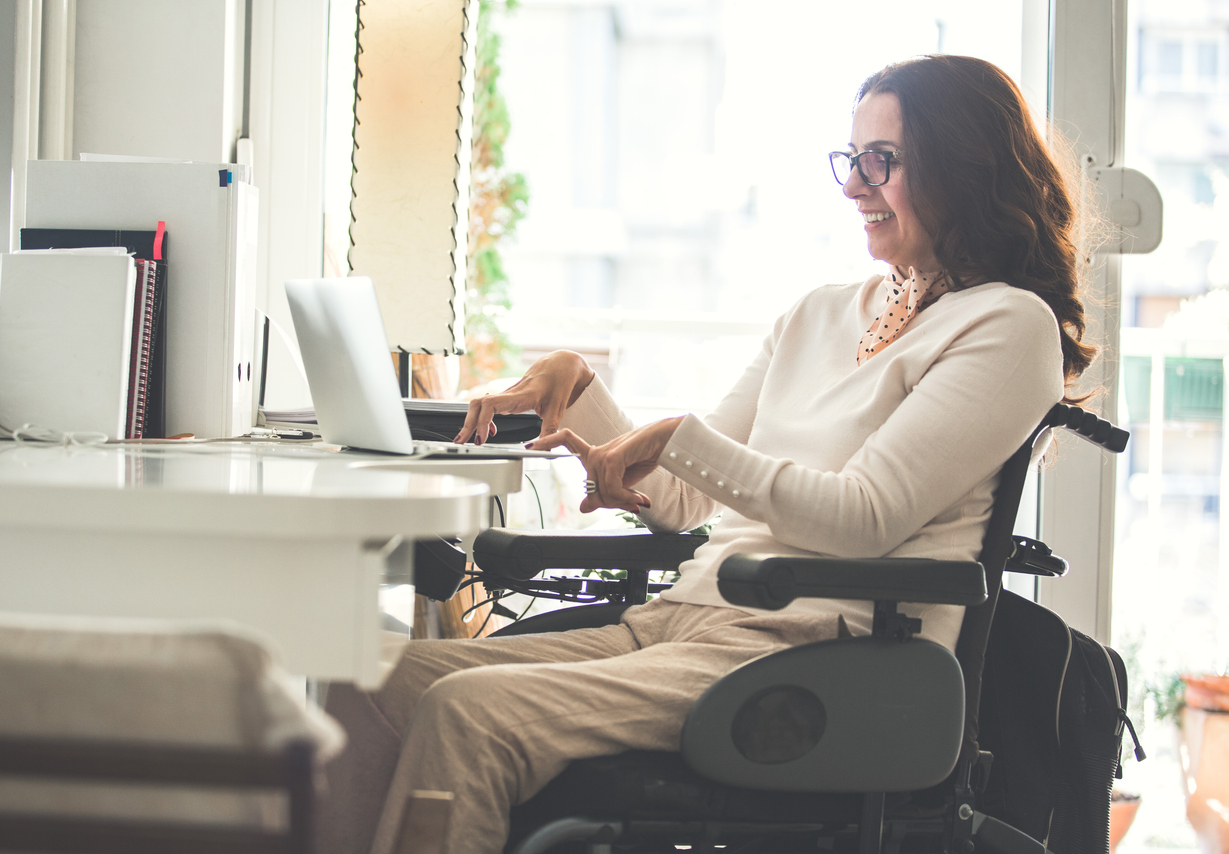3 min read
What is ADHD, How Does It Impact Someone, and How is It Treated?
Did you know that over 6 million kids in the United States have been diagnosed with ADHD, while also impacting 8 million adults? Attention-deficit...
1 min read
Suhana J : Jun 25, 2025 6:24:04 AM
Loneliness doesn’t end after childhood—it can be a lifelong struggle for people with intellectual and developmental disabilities (IDD). In a thought-provoking Forbes feature, experts and advocates share how social isolation impacts adults with IDD emotionally, psychologically, and physically forbes.com+7forbes.com+7forbes.com+7.
Deep emotional toll: Many adults with IDD face limited social opportunities, leading to loneliness, reduced self-esteem, and even health challenges .
Power of personal stories: Narratives of individuals finding community—through day programs, peer groups, volunteering, or digital connections—serve as beacons of hope forbes.com+6forbes.com+6forbes.com+6.
Inclusive solutions: Experts emphasize the need for purpose-driven inclusion—from accessible social events to tailored tech solutions and supportive housing options.
Mental health impact: Social connection is vital for well-being, and isolation can exacerbate anxiety and depression.
Lifelong inclusion: Inclusion initiatives often focus on children—but adults with IDD also need meaningful opportunities to belong.
Holistic approaches win: Combining community programs, technology, and policy creates sustainable support systems.
Facilitate peer connections: Host interest-based clubs and community outings that welcome adults with IDD.
Leverage technology: Use easy-to-navigate apps and social platforms to maintain relationships and foster new ones.
Create inclusive spaces: Ensure workplaces, volunteer programs, and social activities are accessible and welcoming.
Partner with advocates: Collaboration between families, nonprofits, and policymakers can amplify impact.
🌱 Bottom Line
Combating isolation for adults with IDD isn’t just compassionate—it’s essential for their dignity, health, and sense of belonging. The Forbes article shines a light on how community, technology, and inclusive programs can transform lives—reminding us that true inclusion spans all ages.

3 min read
Did you know that over 6 million kids in the United States have been diagnosed with ADHD, while also impacting 8 million adults? Attention-deficit...

4 min read
Introduction As individuals with intellectual disabilities (ID) age, they face unique challenges that require tailored support to ensure their...

2 min read
It is likely you know someone with a disability, or even have one yourself. There is a wide range of disabilities or disorders someone can have,...